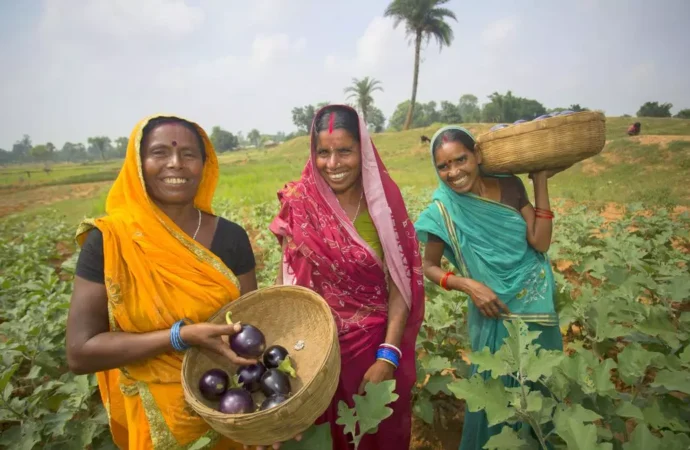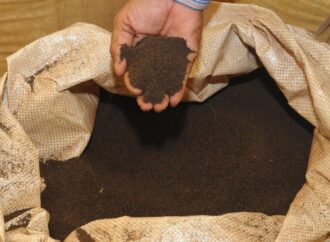Report
Union Home Minister Amit Shah announced a groundbreaking partnership between the National Cooperative Organics Limited (NCOL) and Amul to enhance the organic food market and empower tribal farmers. This collaboration will provide certified organic food to consumers, ensure fair returns for farmers, and build trust in organic products.
Ensuring Food Safety and Quality
At the signing of a Memorandum of Understanding (MoU) between NCOL, the National Dairy Development Board (NDDB), and the Chhattisgarh Government, Shah stressed the need for transparency and certification in the organic food market. He pointed out that while consumers were willing to pay a premium for organic products, the absence of certification led to doubts about their authenticity. This uncertainty prevented farmers from receiving fair prices.
NCOL’s Role in Restoring Trust
Shah introduced NCOL to address these issues, bringing together the Bharat (NCOL) and Amul brands. These brands will now deliver certified organic food, offering a trusted platform for consumers and providing farmers with a stable income. Over the next four years, the initiative will introduce certified organic grains to markets across India.
Certified Organic Products for Every Household
Currently, 16 organic products under the Bharat and Amul brands are available online. Shah assured consumers that every product under these brands is rigorously tested and certified. He emphasized that whenever consumers buy from Bharat or Amul, they can trust the quality and authenticity of the product. The initiative aims to empower Adivasi farmers by giving them direct market access and higher earnings for their organic produce.
NCOL: A Game-Changer for Farmers
NCOL, registered under the Multi-State Cooperative Societies Act, of 2002, will manage the supply chain of organic products produced by cooperative societies across India. The organization will focus on enhancing farmer incomes, promoting national and international branding, offering financial and technical support, and driving research and development to innovate within the organic sector. This initiative will focus on helping Adivasi farmers in Chhattisgarh transition to certified organic farming. It aims to open larger markets to these farmers, address the trust deficit in organic products, and ensure authenticity. Both farmers and consumers will benefit from this approach.
Collaborative Strength
NCOL receives support from major cooperative organizations like the National Cooperative Consumers’ Federation of India Ltd (NCCF), Gujarat Cooperative Milk Marketing Federation Ltd (GCMMF), and the National Agricultural Cooperative Marketing Federation of India Ltd (NAFED). It also partners with statutory bodies such as NDDB and the National Cooperative Development Corporation (NCDC). With over 2,000 cooperative societies joining or applying for membership, NCOL is set to transform the organic food sector in India.
Conclusion
Amit Shah’s announcement signals a major step toward empowering farmers, boosting consumer trust, and promoting sustainable agriculture. With NCOL and Amul leading the way, India’s organic food market will grow, benefiting both producers and consumers. This initiative demonstrates the government’s commitment to sustainable development, economic empowerment, and environmental sustainability.
Source: Foodtech Network
 Food Manifest
Food Manifest 

















